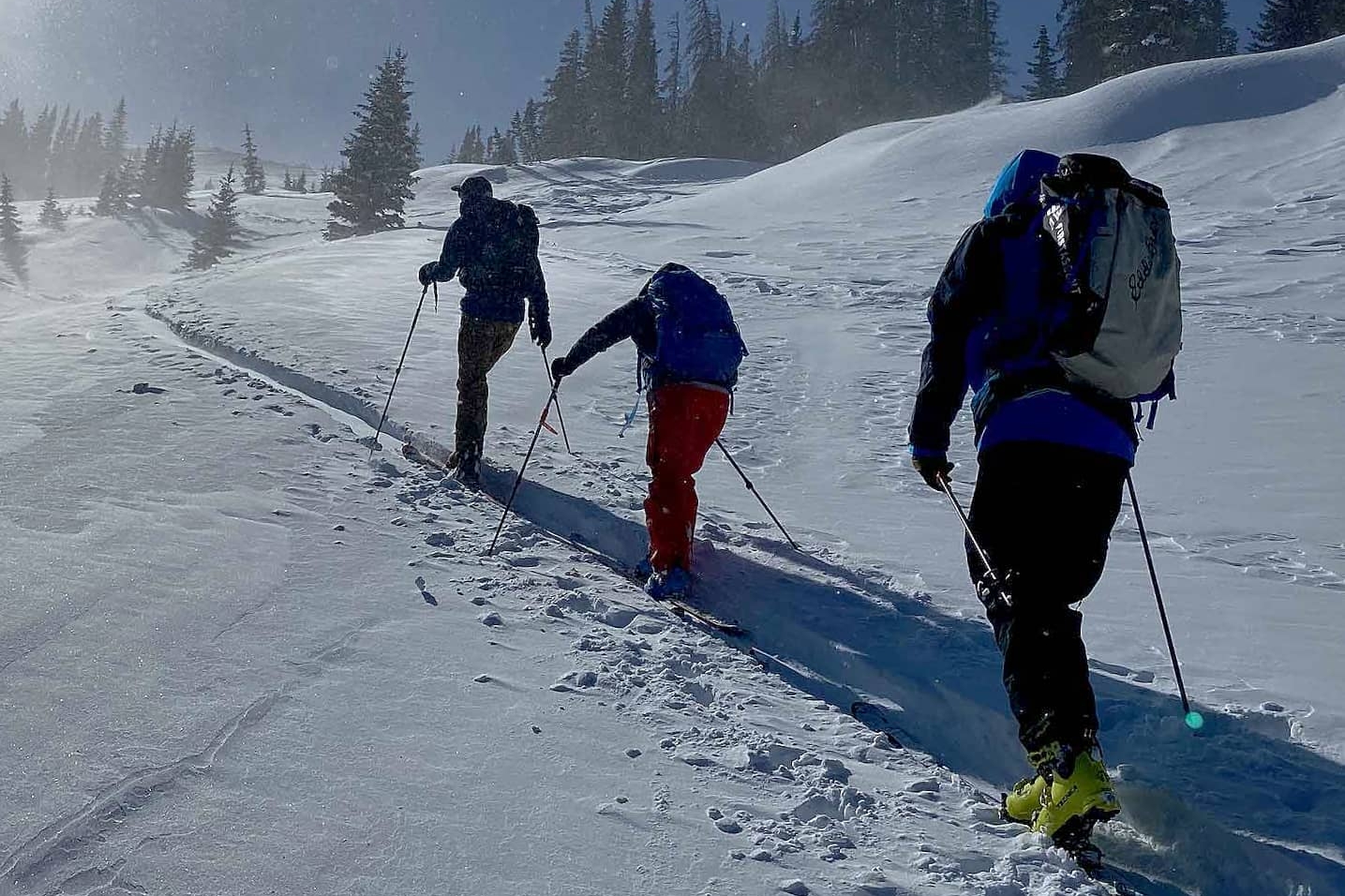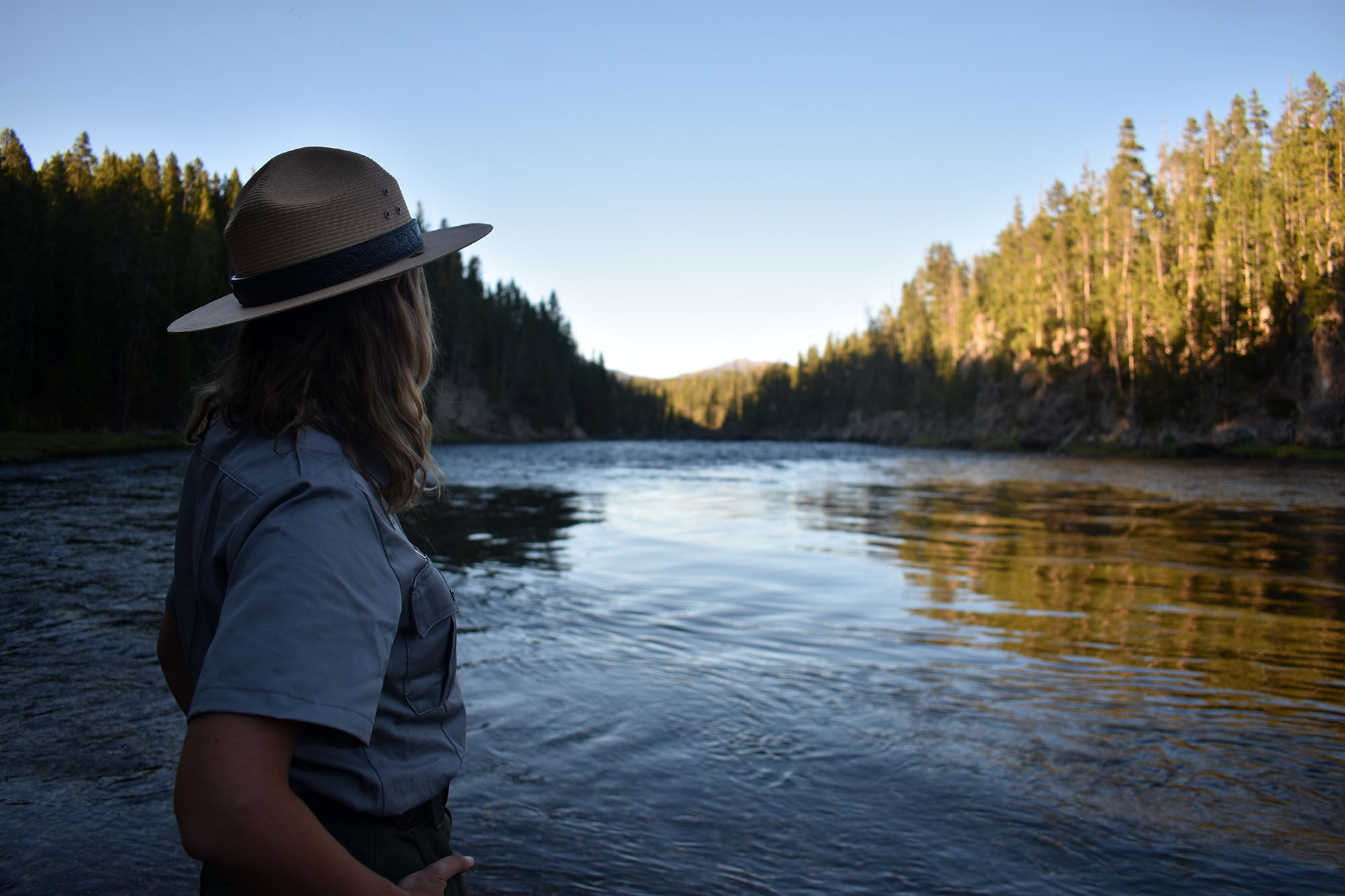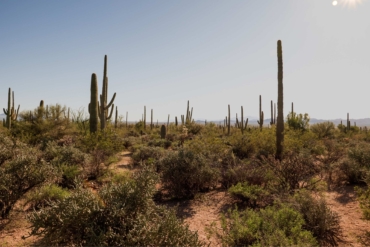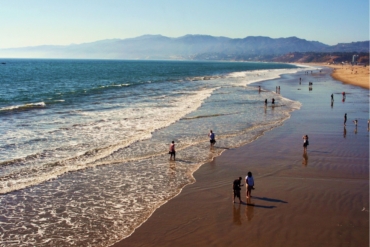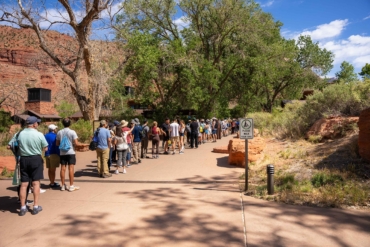Do you love being outdoors and going on adventures, hikes, or even backcountry camping? The answer is probably yes. So how do you reciprocate that joy back to the outdoors?
One answer is to learn and follow Leave No Trace principles. The Leave No Trace Center for Outdoor Ethics, a 501(c)(3) nonprofit organization, was founded over 25 years ago with the goal of environmental advocacy. The organization aims to protect the outdoors by teaching and inspiring people to enjoy the outdoors responsibly.
To help with its mission, the organization has outlined seven main principles that every outdoor enthusiast should follow.
Leave No Trace Principles
1. Plan Ahead and Prepare
This first principle is very straightforward. It may even seem like a given, but don’t overlook it. To put it in simple terms, know what you’re getting yourself into. Research where you are going, know the rules and regulations, and prepare for the weather. It’s easier to be more environmentally aware when you know exactly what you are doing, enabling you to pack smarter.
Here are some questions to ask before your head out:
- When are you going and with how many people? When possible, try to avoid high-use areas or peak-traffic times like weekends and holidays. If you’re traveling with a group, the smaller the better.
- What kind of equipment and clothing do you need? Do you need to prepare for extreme weather or terrain?
- Where are you traveling and what are the rules and regulations? Are there private land boundaries?
- What is the skill or comfort level of all members of your group? Plan your trip activities to accommodate everyone’s abilities.
2. Travel and Camp on Durable Surfaces
It’s important to be conscious of where you’re stepping and camping. Though designated trails do leave an impact on the land, land managers designate them for travel through public lands. Using designated trails whenever possible is always recommended over off-trail travel, as it’s better to have one trail with concentrated foot traffic rather than various pathways. However, if you must travel or camp off-trail, choose durable surfaces to reduce your impact.
Examples of highly durable land other than established trails and campsites are rock, sand, gravel, ice, snow, and dry grasses. Refrain from camping or trampling on more delicate grounds such as vegetation, living soil, and desert puddles and mudholes. And make sure you’re camping at least 200 feet away from water.
3. Dispose of Waste Properly
More often than not, waste is inevitable. It’s important to know the correct way to dispose of everything, from trash waste to human waste, to make the smallest impact on the Earth possible. Here are a few reminders and tips on how to deal with waste in the outdoors:
- If you pack it in, you should pack it out.
- Check your entire campsite for any leftover trash, food, litter, etc. Keep an eye out for micro-trash, like the corners of sauce packets, small wrappers, or miscellaneous small pieces of plastic. The rule of thumb is to try to leave the site cleaner than you found it.
- Dispose of human waste properly. If there are no designated restrooms, you will need to dig a cathole. Make sure you dig your cathole 6-8 inches deep, 4-6 inches in diameter, and at least 200 feet away from water. Cover the hole when you’re done. Some areas may require you to pack human waste out, so be aware of the regulations. Toilet paper and other bathroom products should definitely be packed out.
- Use biodegradable soap when you’re washing anything, including yourself. You should carry the water 200 feet away from the stream or lake. Strain used dishwater to collect any food scraps and then scatter the water away from the campsite.
4. Leave What You Find
It might be tempting to collect mementos on your adventures, and you might think that picking up a few flowers or rocks won’t do any harm. If it were just you, you might be right, but if every person reading this decided to just “take a couple” of souvenirs, the impact becomes much larger in scale. Examine, appreciate, snap a photo, and be on your way.
Here are some actions you can take to make sure to leave what you find:
- Leave plants, rocks, and other natural objects in their habitats.
- Do not remove any cultural or historic artifacts you find on public lands.
- Don’t vandalize nature with engravings or scratches.
- Try not to dig trenches, construct structures, or build fire rings unless you absolutely have to.
- Avoid bringing in species of other kinds to different habitats.
5. Minimize Campfire Impacts
Campfires are a longstanding tradition in camping and backcountry culture. They are, of course, the beginnings of perfect s’mores. However, campers’ demand for firewood can result in the deterioration of the land and excess cutting of trees.
When you’re thinking about building a campfire, ask yourself, “Do I really need one right now?” If yes, then take the necessary precautions and steps to do the least damage possible.
- Think about where you’re building your fire. Use established fire rings or fire mounds when possible.
- Know about the fire restrictions in the area. Be aware of seasonal fire danger.
- Don’t bring wood from home. Either buy it from a local source or gather it responsibly.
- To gather firewood responsibly, gather from a wide area around your camp. Only take small pieces of dead, downed wood. Don’t strip branches from standing or downed trees.
- Be sure to put your fire out completely and dispose of ash responsibly.
While building a fire, keep it small and burn all wood and coals to ash so that the ashes can be scattered. Don’t leave unused wood stacked at the site. If you’re camping in a river corridor, you may need to pack out the ashes with you.
6. Respect Wildlife
This principle reiterates Principle 4 — leave what you find and respect the nature around you. Observe wildlife from a safe distance and don’t disturb the animals. Do your best to keep a minimum of 100 yards from predatory or large game, like moose or bears. And stay at least 25 yards from other wildlife, like deer, elk, or foxes. Travel peacefully and don’t pursue or approach any animals you encounter. Remember, you’re the visitor in their home!
Following other Leave No Trace principles will also help you respect the local wildlife. Packing out your waste, camping and washing 200 feet from water sources, and taking care to gather and burn firewood responsibly will all ensure that the animals’ natural habitat is undisturbed and pollution-free.
7. Be Considerate of Other Visitors
While you’re out and about, be mindful that other adventurers are doing the same. Don’t do anything that you wouldn’t want someone to do to you. Take breaks away from other travelers, unless you happen to make some friends on your journey. Keep your dog on a leash, yield to other travelers, and don’t be too loud. Use common courtesy — it’s easy!
More About Leave No Trace
According to Leave No Trace’s website, the organization has reached over 15 million Americans and partnered with numerous companies such as REI, Jansport, YETI, Subaru, and many more to help spread the word about its mission. Leave No Trace looks to connect, educate, and protect through initiatives, training, research, and outreach.
You can find out more on its website here.


